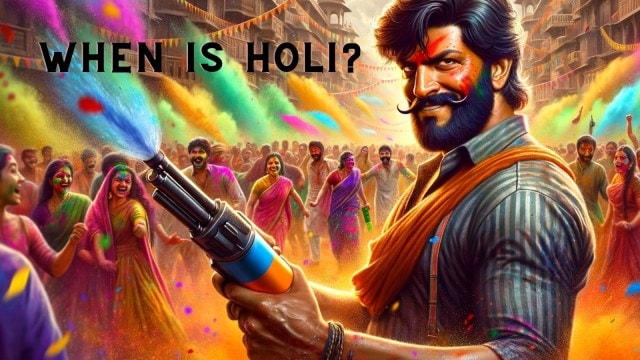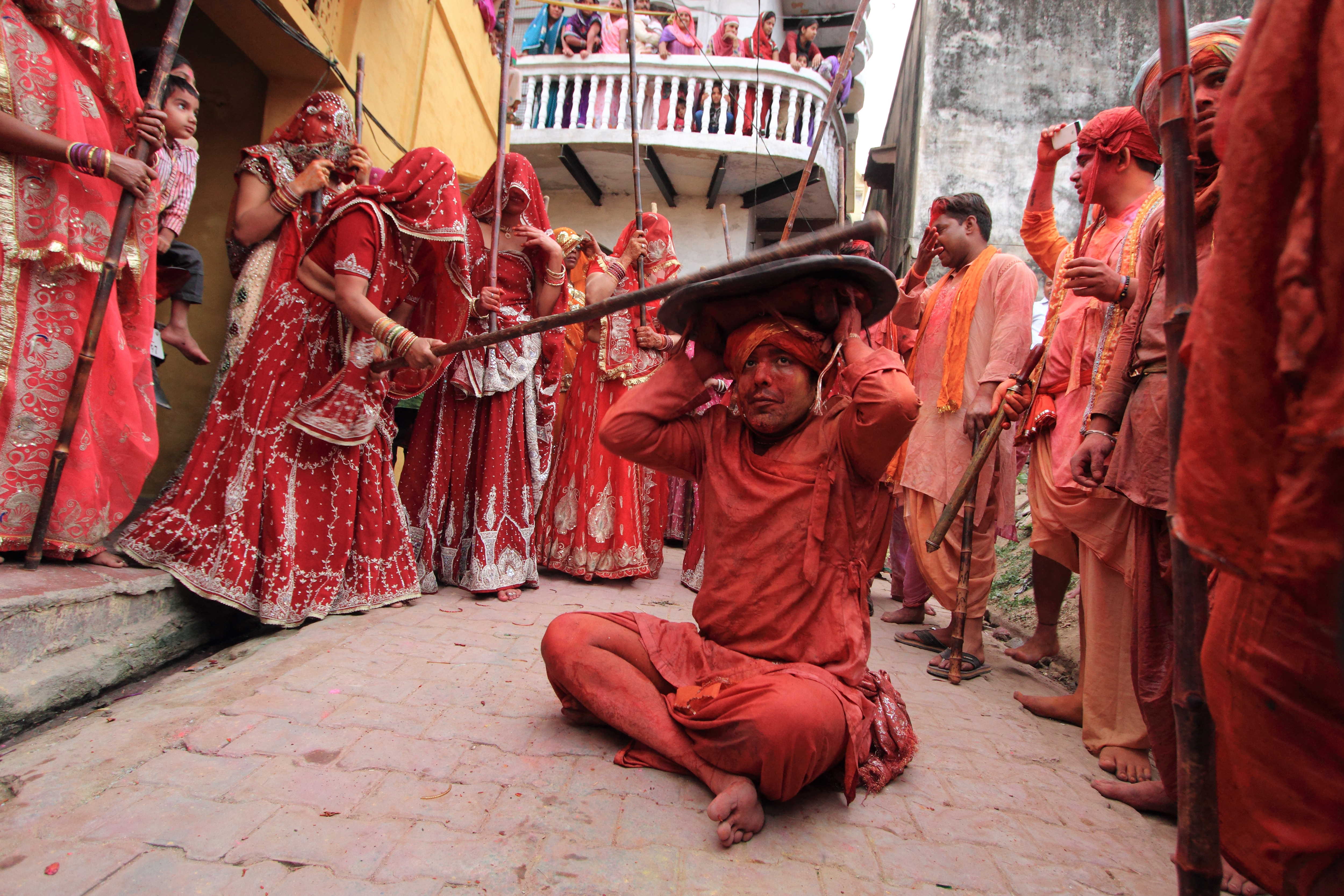When is Holi 2024: Date, timings and all you need to know
Holi 2024 Date and Timings: Holi, also known as the 'Festival of Colours,' is Hindu's one of the most vibrant and jubilant festivals, celebrated across India. Here is everything you need to know, from date, history, significance, and more.
 Holi 2024 Date and Time | Image Credit: AI
Holi 2024 Date and Time | Image Credit: AIHoli 2024 Date and Timings: One of the most vibrant and jubilant Hindu festivals, Holi, also widely known as the “Festival of Colours,” or Dol jatra” or “Basanta Utsav” in West Bengal, Assam, and Tripura, is a festival celebrated across the nation and Indians worldwide with great enthusiasm and joy.
Aligning with the full moon or Purnima in the evening of the Phalguna month in the Hindu calendar, Holi usually corresponds to late February or March in the Gregorian calendar, thereby marking the arrival of spring and the end of winter.
It’s a time for people to come together, forget grievances, and enjoy life’s colourful moments. As everyone awaits to celebrate Holi in 2024 with much zeal and enthusiasm, read on to discover the date, time, rituals, and the significance it holds in India.
 Women playfully hit men with sticks on Holi in Barsana. Picture: Shutterstock
Women playfully hit men with sticks on Holi in Barsana. Picture: Shutterstock
When is Holi 2024: Date and Timings
Holi 2024 Date and Timing in India: As per the Hindu calendar, Holi is celebrated every year on the full moon date of Falgun month. This year, Holi will be celebrated on March 25, 2024, which is Monday. A day before Holi is celebrated as Holika Dahan, also known as Choti Holi, which is on Sunday, March 24, 2024.
As in most states across India, Holi is celebrated for two days, below are mentioned auspicious (mahurat) timings:
| Day | Date | Timings |
| Holika Dahan 2024 | March 24, 2024 (Sunday) | Starting from 24th March: 07:19 PM to 09:38 PM |
| Holi 2024 | March 25, 2024 (Monday) | Starting from 24th March 12:24 AM to March 25th 02:59 AM |
Why is Holi celebrated: The Origin
How is Holi celebrated: Significance and Puja Vidhi
Holi is celebrated to mark the arrival of spring and the victory of good over evil. The festival begins with Holika Dahan, a ritual bonfire on the eve of Holi, signifying the burning away of evil spirits. The following day, in Holi, people engage in playing with colours, singing, and dancing, embodying the spirit of forgiveness, love, and joy.
The Puja Vidhi (ritual procedure) for Holi involves a few key practices. On the first day, individuals prepare for Holika Dahan by gathering wood and combustible materials to create a bonfire.
One needs to wrap the pyre of wood with a white thread, or Mauli (Kaccha Sut), three or seven times around it and then worship it by sprinkling holy water, kumkum, and flowers onto it. Once the puja is complete, the pyre is lit symbolising the burning of ego, negativity, and evil from one’s life and invoking blessings for protection against evil and misfortune.
The next day, known as Dhuleti, is celebrated by smearing coloured powder (gulal) on each other using water guns and balloons filled with coloured water, symbolising the spreading of love and happiness.
During the Holi festival, people celebrate by enjoying traditional sweets such as gujiya and beverages like thandai. These delicious treats add to the festive atmosphere and bring the community together. Friends and family come together to celebrate and enjoy the playful spirit of the festival while indulging in sumptuous food. The occasion is marked by the use of colourful powders and water, and everyone has a great time revelling in the festive spirit.
Holi through the ages: A brief history of the festival of colours
- 01
- 02
- 03
- 04
- 05































